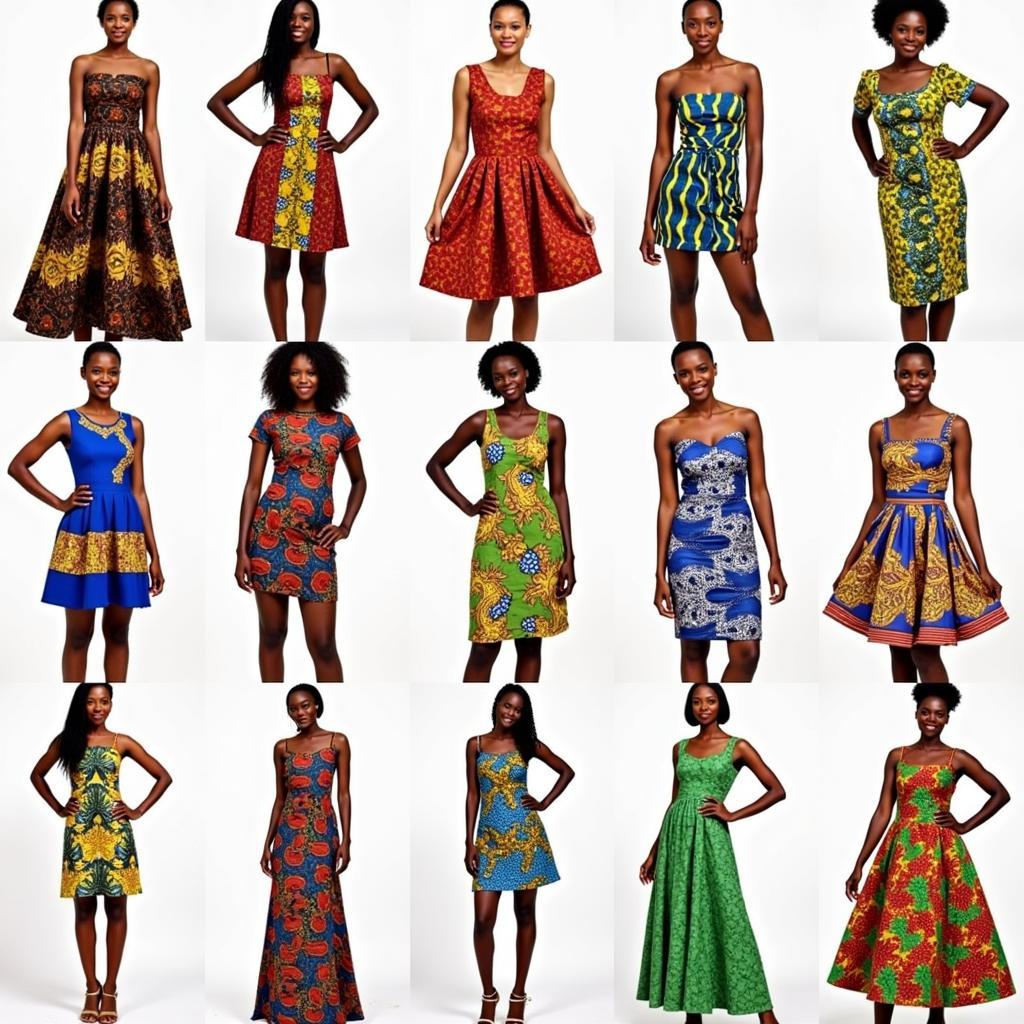African Block Head: A Meaningful Symbol or a Harmful Stereotype?
The term “African Block Head” is a derogatory and racist phrase that has been used to dehumanize and belittle African people for centuries. It is based on a harmful stereotype that paints African people as intellectually inferior and lacking in intelligence. This phrase is rooted in the history of colonialism and the racist ideology of white supremacy, which sought to justify the subjugation of Africans and their cultures.
Exploring the Origins and Impact of the Term
The term “African block head” is a remnant of a colonial past that sought to diminish the achievements and intelligence of Africans. The roots of this harmful stereotype can be traced back to the transatlantic slave trade and the period of European colonization in Africa. During this time, European colonizers employed racist ideologies to justify their exploitation of African people and resources.
One of the primary tactics used by colonizers was to portray Africans as inherently inferior, lacking intelligence, and incapable of self-governance. This narrative was reinforced through propaganda, literature, and visual representations that depicted Africans as primitive, savage, and lacking in intellectual capacity.
“African block head” is a manifestation of this racist ideology, perpetuating the idea that Africans are intellectually deficient. It is a term that should be unequivocally rejected and condemned.
Understanding the Harm of Stereotypes
Stereotypes like “African block head” are not simply harmless generalizations; they have real and harmful consequences for individuals and communities. These stereotypes can:
- Perpetuate prejudice and discrimination: By reinforcing negative perceptions of African people, they contribute to systemic racism and discrimination.
- Limit opportunities: Stereotypes can create barriers to education, employment, and social advancement for individuals who are unfairly labeled.
- Damage mental health: The constant exposure to negative stereotypes can lead to feelings of inferiority, self-doubt, and mental health challenges.
- Fuel violence and hostility: Stereotypes can justify acts of violence and hatred against individuals and communities based solely on their race or ethnicity.
Challenging and Dismantling Harmful Stereotypes
It is crucial to actively challenge and dismantle harmful stereotypes like “African block head” through:
- Education and awareness: It is important to educate ourselves and others about the history of racism and colonialism and the impact of stereotypes on African people.
- Amplifying African voices: We must create platforms for African voices to be heard and to challenge the narratives that have marginalized them.
- Promoting positive representations: It is important to promote diverse and positive representations of African people in media, literature, and popular culture.
- Challenging racist language and behavior: We must actively challenge any language or behavior that perpetuates harmful stereotypes and racist ideologies.
The Importance of Respect and Understanding
Instead of perpetuating harmful stereotypes, we should strive to create a world where all people are treated with respect and understanding. We must recognize the inherent worth and dignity of all human beings, regardless of their race, ethnicity, or origin.
FAQ
What are some examples of the harm caused by the term “African block head”?
The term “African block head” has been used to justify discriminatory practices, such as the denial of education and employment opportunities. It has also been used to excuse violence and oppression against African people.
What can I do to fight against racism and stereotypes?
Educate yourself and others about the history of racism and colonialism. Speak out against racism and prejudice whenever you encounter it. Support organizations that work to combat racial injustice.
How can we create a more inclusive and equitable world?
We must strive for a world where all people are treated with respect and dignity. This requires dismantling systemic racism and challenging harmful stereotypes.
What are some resources for learning more about African history and culture?
There are many excellent resources available to learn about African history and culture. Some reputable sources include:
- The National Museum of African American History and Culture (NMAAHC)
- The African American History and Culture Museum
- The Smithsonian National Museum of Natural History
It is important to actively challenge harmful stereotypes and promote a more inclusive and equitable world for all. By understanding the history of racism and its impact on African people, we can work towards a future where all individuals are valued and respected.


